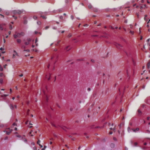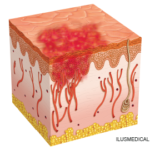In a controlled, large-cohort, longitudinal study from Canada, Atiquazzaman et al. found that use of non-steroidal anti-inflammatory drugs (NSAIDs) substantially contributes to increased cardiovascular disease risk among people with osteoarthritis (OA).1 This is the first study to evaluate the mediating role that NSAIDs play in the association between OA and cardiovascular disease (CVD), and the…









